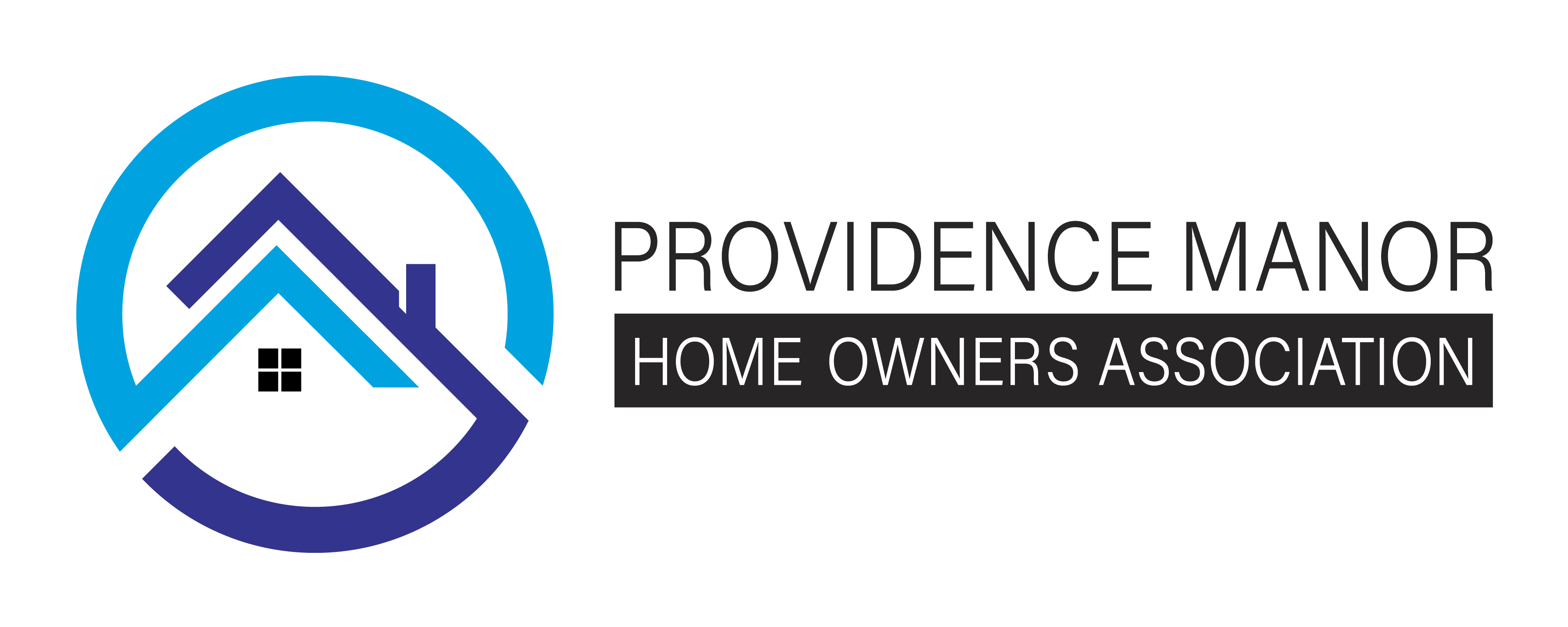What is the Ohio Marketable Title Act (the “Act”)?
The Ohio Marketable Title Act (the “Act”) was passed in 1961 to make property transactions easier. It allows property buyers to rely on ownership records that go back only a certain number of years — typically forty.
Under the Act, if a property restriction (such as HOA bylaws or covenants) isn’t mentioned in a property’s chain of title within that forty-year period, the restriction may automatically expire. This law helps ensure that property buyers aren’t unexpectedly bound by very old restrictions they wouldn’t reasonably know about.
What does the Act mean for Providence Manor?
The Providence Manor community’s restrictions were first recorded in 1986. That means, without action, they could begin to expire in 2026 — forty years later.
To prevent that from happening, the Association can take specific steps under Ohio law to preserve and extend the restrictions. This ensures our community rules remain valid and enforceable for another forty years.
What happens if this action is not taken?
If the restrictions are not extended:
- The Association could lose its ability to enforce community standards.
- Homeowners might not have to follow HOA rules, leading to potential inconsistencies in neighborhood appearance and maintenance.
In short, renewing these restrictions protects the value and character of Providence Manor for all residents.
What research was completed?
In early 2025, PMHOA’s legal team at Kaman & Cusimano reviewed our governing documents and a sample of property deeds to determine how the Act affects Providence Manor.
Their findings:
- One of the earlier property deeds properly referenced the HOA restrictions.
- Later deeds did not consistently include this reference.
This inconsistency means that — without taking steps to preserve the restrictions — they could expire for most, if not all, lots on August 29, 2026.
Can a homeowner opt-out or be excluded from the restriction extension?
No, homeowners may not opt out or be excluded. Because the restrictions have not yet expired, all lots within Providence Manor remain subject to the same governing documents. Extending the restrictions simply maintains the current rules that already apply to everyone.
Why don’t all of the deeds reference the governing documents?
There is no legal requirement or obligation to reference the governing documents in the deeds. There is a variation between deeds because it all depends on whoever drafted them. A majority of deeds, especially more modern ones, don’t include it.
Who is at fault for some deeds referencing governing documents while others do not? Is this a loop hole to resolve? Who is responsible for adding this to the deeds?
There is no one at fault for some deeds having the reference to the governing documents. Per the answer for the previous question: There is no legal requirement or obligation to reference the governing documents in the deeds. There is a variation between deeds because it all depends on whoever drafted them. A majority of deeds, especially more modern ones, don’t include it.
This isn’t a loop hole to resolve.
The deeds don’t have issues, however, the HOA must file the required paperwork to extend the restrictions before they expire.
Is the HOA basically renewing for another 40 years?
Yes, the Board is renewing for another 40 years. Disclaimer, it is possible laws could change between now and 40 years in the future, which may require modifications, but that remains to be seen.
The “clock” started with the date of the Declarations of Covenants (August 29, 1986). All of the homes in Providence Manor fall under the requirements of those governing documents regardless of any mention in their deed.
What are the next steps?
Ohio law allows HOAs to extend their restrictions by recording a Notice of Preservation of Interest in Land with the county recorder.
This process requires gathering detailed information for every lot in the neighborhood, including:
- Legal descriptions and parcel numbers
- Current property owners and deed references
- Dates each owner took title
The Notice must be completed and recorded before the 1986 filing anniversary date (August 29, 2026). Additionally, this information must all be gathered and filed relatively quickly, to avoid a lot transferring between the time of drafting and filing. To cover the legal and administrative work involved, the 2026 Budget includes a one-time expense of $5,300.
What is the Timeline?
- 2025
- January 20: The Board was notified by our attorneys about the Act and its potential impact.
- February 26: The Board approved initial research.
- April 16: Research results were received.
- May 16: The Board decided to include the necessary preservation work in the 2026 Budget.
- 2026
- January/February: The new Board will officially authorize our attorneys to complete the preservation process as budgeted.
- Before August 29: All documents will be filed to ensure our restrictions remain in effect.
If I have questions, where do I ask them?
You can submit questions through TownSq by creating a request.
See our TownSq page for login details, and scroll to the section titled “Ask Questions, Share Concerns or Suggestions, Submit Architectural Applications, and more.”
